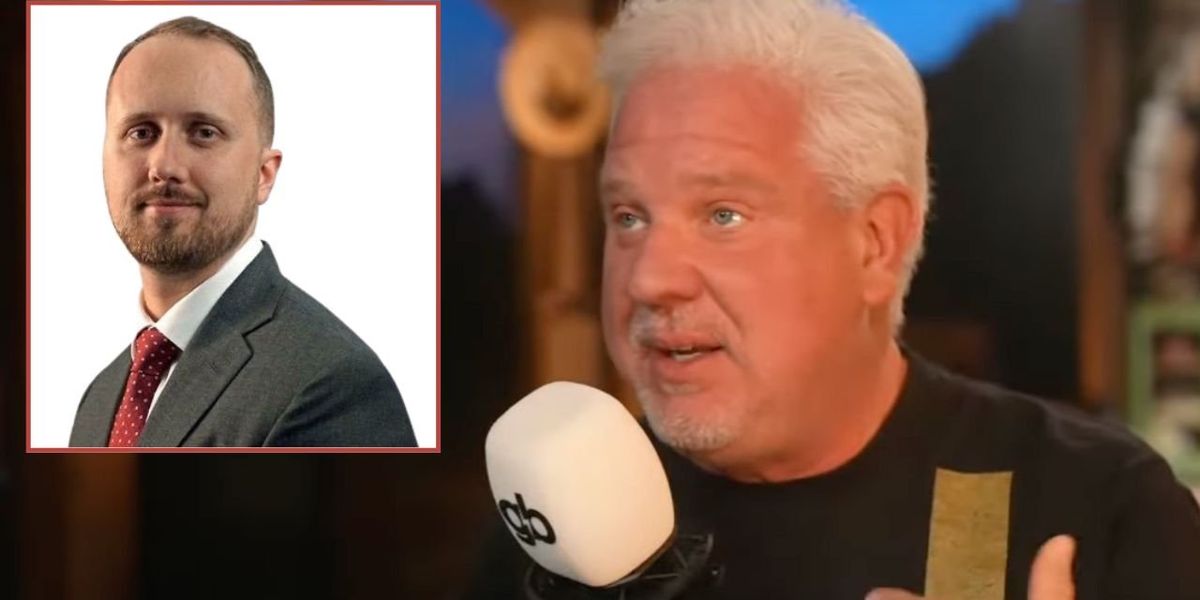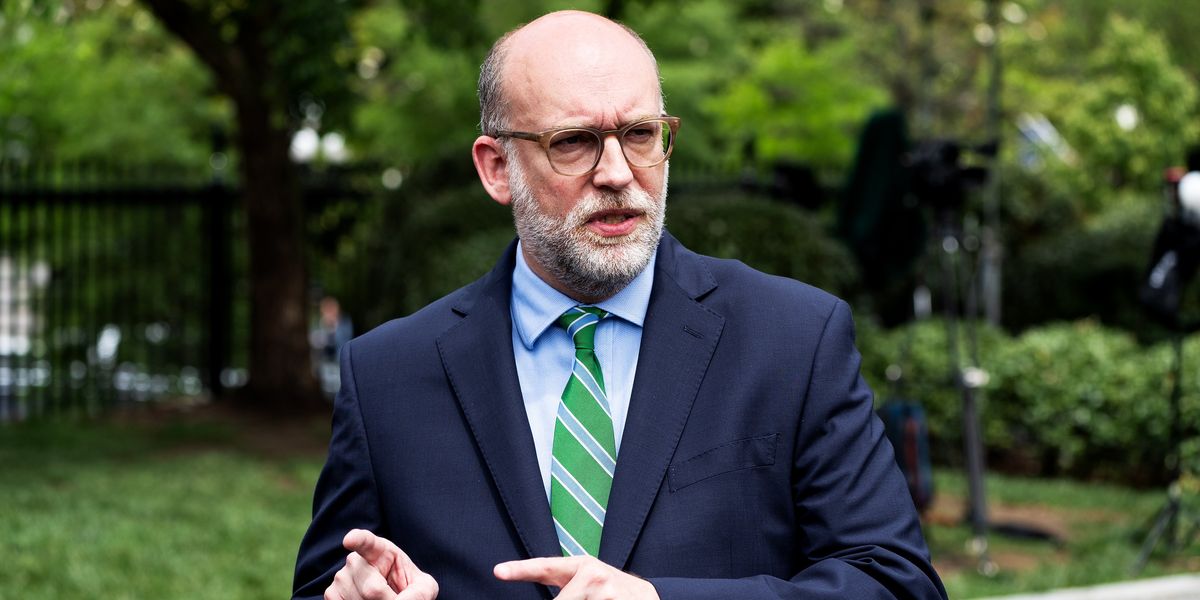Revenge? Accountability? A little bit of both?
Fifty-one former intel officials claimed in October 2020 that the New York Post’s report on Hunter Biden’s laptop likely came as a Russian intelligence operation. Their reputations, as well as their ongoing ties to the intel communities, lent a lot of credence to the efforts to suppress the story by other news agencies and social-media platforms.
The only problem was that the laptop was authentic — so authentic, in fact, that the FBI already had the data from it and had been investigating the crimes it documented. Two years later, the Department of Justice acknowledged its provenance, as did Hunter Biden in later court filings. The 51 ex-intel officials have never explained why they claimed otherwise or intervened in the political process just as voters went to the polls.
And now they won’t get the chance to work in the field, at least for the next four years:
President Donald Trump says his administration will move to revoke the security clearances of the more than four dozen former intelligence officials who signed a 2020 letter saying that the Hunter Biden laptop saga bore the hallmarks of a “Russian information operation.”
The action is an early indication of the president’s determination to exact retribution on perceived adversaries and is the latest point of tension between Trump and an intelligence community of which he has been openly disdainful. The sweeping move, announced via executive order Monday, also sets up a potential court challenge from ex-officials seeking to maintain access to sensitive government information.
Can Trump revoke these clearances? Technically speaking, yes. Clearances are mostly a plenary exercise in the executive branch, and no one is entitled to access classified material except the elected president himself.
That doesn’t mean the effort won’t go unchallenged, especially with livelihoods potentially in the balance:
“The president has a lot of authority when it comes to security clearances. The problem the White House will run into is, if they depart from their existing procedures, they could set up a judicial appeal for these 51 people — and it will probably be a class-action suit since they’re all in alike or similar circumstances,” said Dan Meyer, a Washington lawyer who specializes in the security clearance and background check process.
Our colleagues at Twitchy have a couple of good posts on this already, so be sure to check out what arguments are floating on social media now. Mark Zaid, a well-known attorney in intelligence disputes, now represents eight of the 51 signatories and makes clear that he plans to challenge these revocations, possibly in a class action. Zaid acknowledges that the president’s power is plenary, but that it still carries some due-process obligations:
5/More importantly, by law, revoked clearances entitle individual to procedural & substantive due process. Nothing in EO overrides, or references, EO 12968, which Pres Clinton issued in 1995. Nor does EO cite applicable statutes that could relieve obligation for due process.
— Mark S. Zaid (@MarkSZaidEsq) January 21, 2025
Not to get too glib about this, but it’s why attorneys exist. Very few exercises of executive power come completely unencumbered from procedure and review, even in employment. Skipping over required steps can allow the judiciary to intervene, but only in those cases where a plaintiff has standing. If Zaid is correct that “few of the 51 even maintain current eligibility or access to classified info,” then only that few will even get a hearing in court.
For those who lost actual access to classified info, Zaid could make a case. He misses the point a bit in these two tweets, however:
7/Btw, people should actually read the damn letter. It is typical DC letter by career intelligence professionals, to include attnys, so it both says everything & nothing at same time. Full of caveats. Doesn’t say anything conclusive as right wing claims. https://t.co/MLvjMgpFEM
— Mark S. Zaid (@MarkSZaidEsq) January 21, 2025
Zaid is engaging in a bit of misdirection. The issue that prompted the revocation wasn’t the exposure of classified material — that would be potentially prosecutable — or getting the requisite signatures. The problem was that the idea that this was an extension of “Russia collusion” was a political hit job on the New York Post and the Trump campaign, and even more so a cover-up of the Biden family’s long-range influence peddling and corruption.
That was what these 51 officials accomplished by exploiting their access to make a false political argument, even if they did dress it up with caveats as Zaid accurately notes. The legal disclaimers aside, everyone knew what they intended to argue, and they stuck to the “potential Russian disinformation operation” claim for a very long time afterward too. These are dishonest politicized actors who warped the political process through carefully crafted falsehoods that painted a sitting president as a Russian stooge while letting his political opponent off the hook from legitimate scrutiny over his own connections to foreign entities.
However, that doesn’t mean Zaid’s wrong about the due-process claim. A judge will have to review that and determine whether Trump took a shortcut, or whether he can strip officials of clearance directly. In the end, that’s not going to matter much, because Trump can certainly suspend access while pursuing whatever process is necessary for revocation. And that will amount to pretty much the same outcome, and pretty much immediately as well.
Read the full article here






![Barron Trump’s Gesture Sparks Cheers and Goes Viral Online [WATCH] Barron Trump’s Gesture Sparks Cheers and Goes Viral Online [WATCH]](https://www.lifezette.com/wp-content/uploads/2024/12/2024.12.06-03.05-lifezette-675312caa2a41.jpg)


![Secret Service Blunders During Trump Assassination Attempt Lead to Suspensions [WATCH] Secret Service Blunders During Trump Assassination Attempt Lead to Suspensions [WATCH]](https://www.lifezette.com/wp-content/uploads/2024/09/2024.09.12-03.34-lifezette-66e309f13ba14.jpg)
